Blood clotting risk quickly drops after stopping hormonal
5 (517) In stock

Using birth control pills and other hormone-based contraceptives is known to elevate the risk of blood clots about three-fold, but a new study suggests that this risk largely goes away within two to four weeks after one stops using these contraceptives, according to research published in Blood.

Benefits of Getting Off Birth Control: A Research-Based Overview - PharmEasy Blog

Top Medical News 10.02.23 by Medical Dialogues
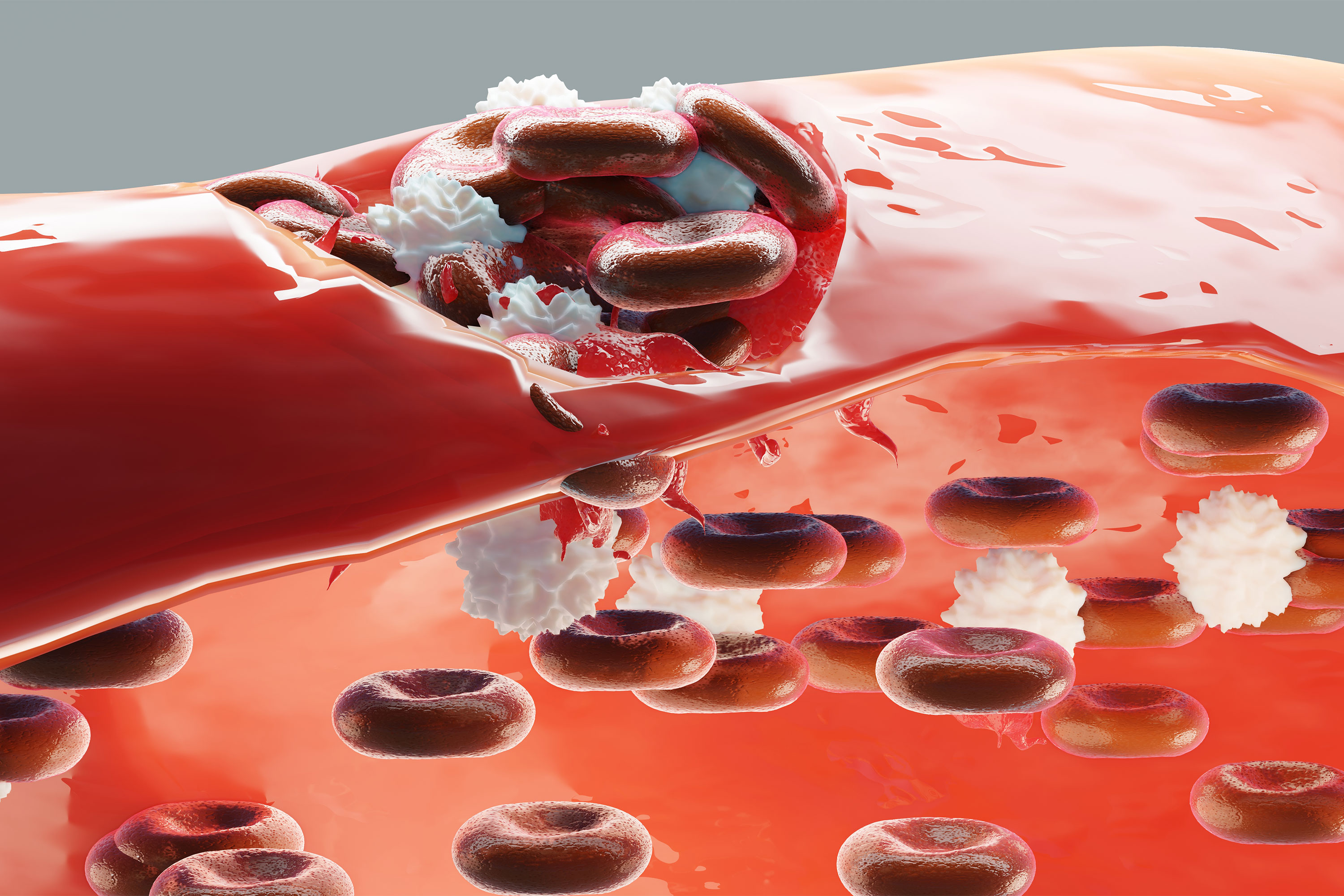
How ITP Hinders Blood From Clotting
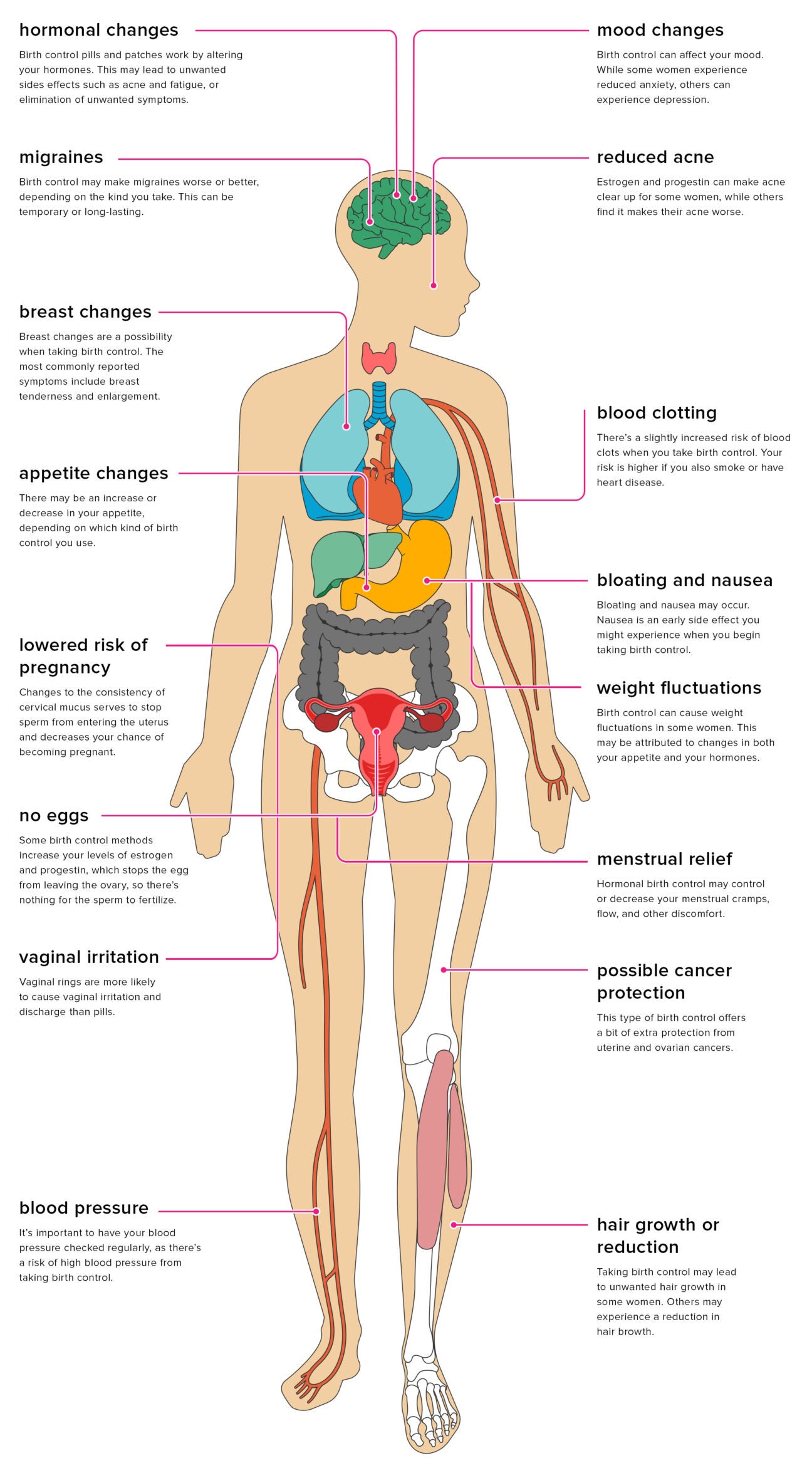
The Effects of Hormonal Birth Control on Your Body
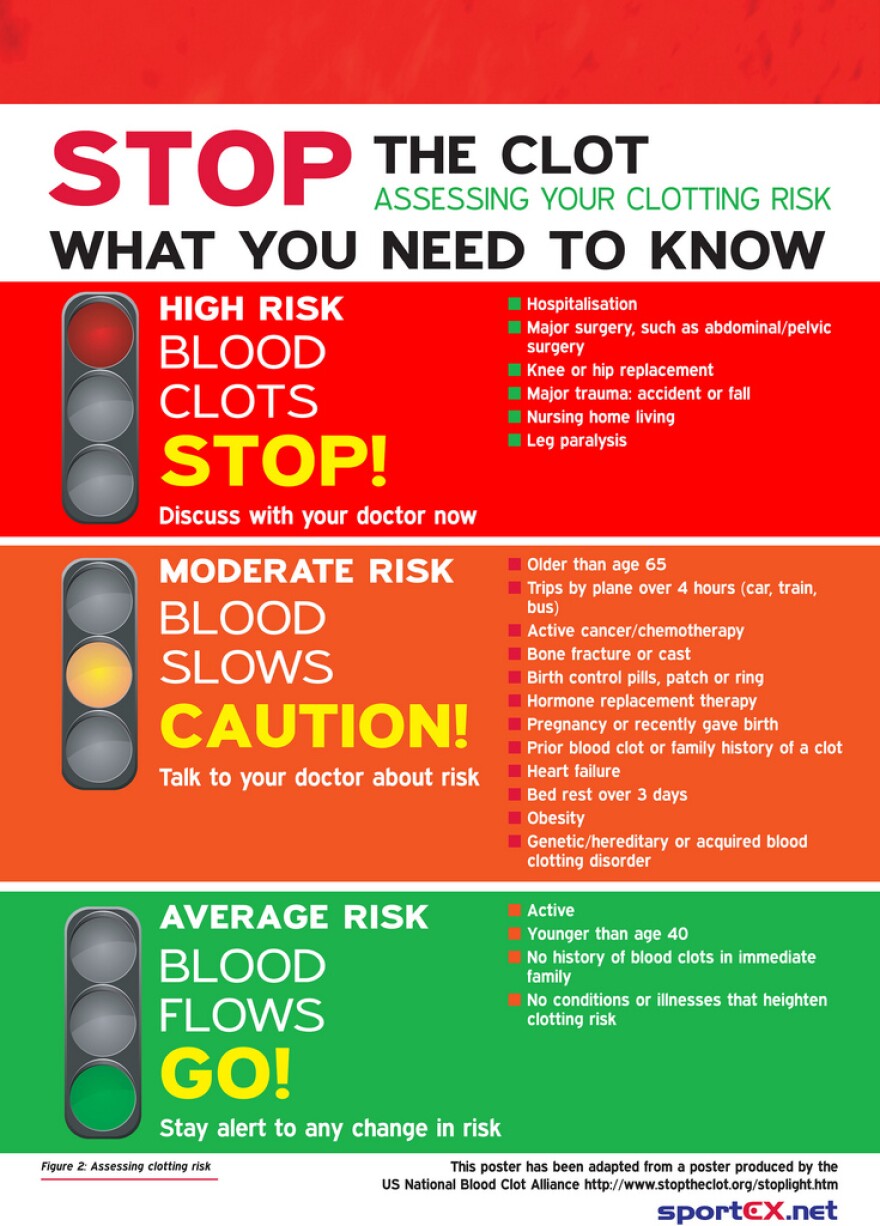
To Your Health: Blood Clots
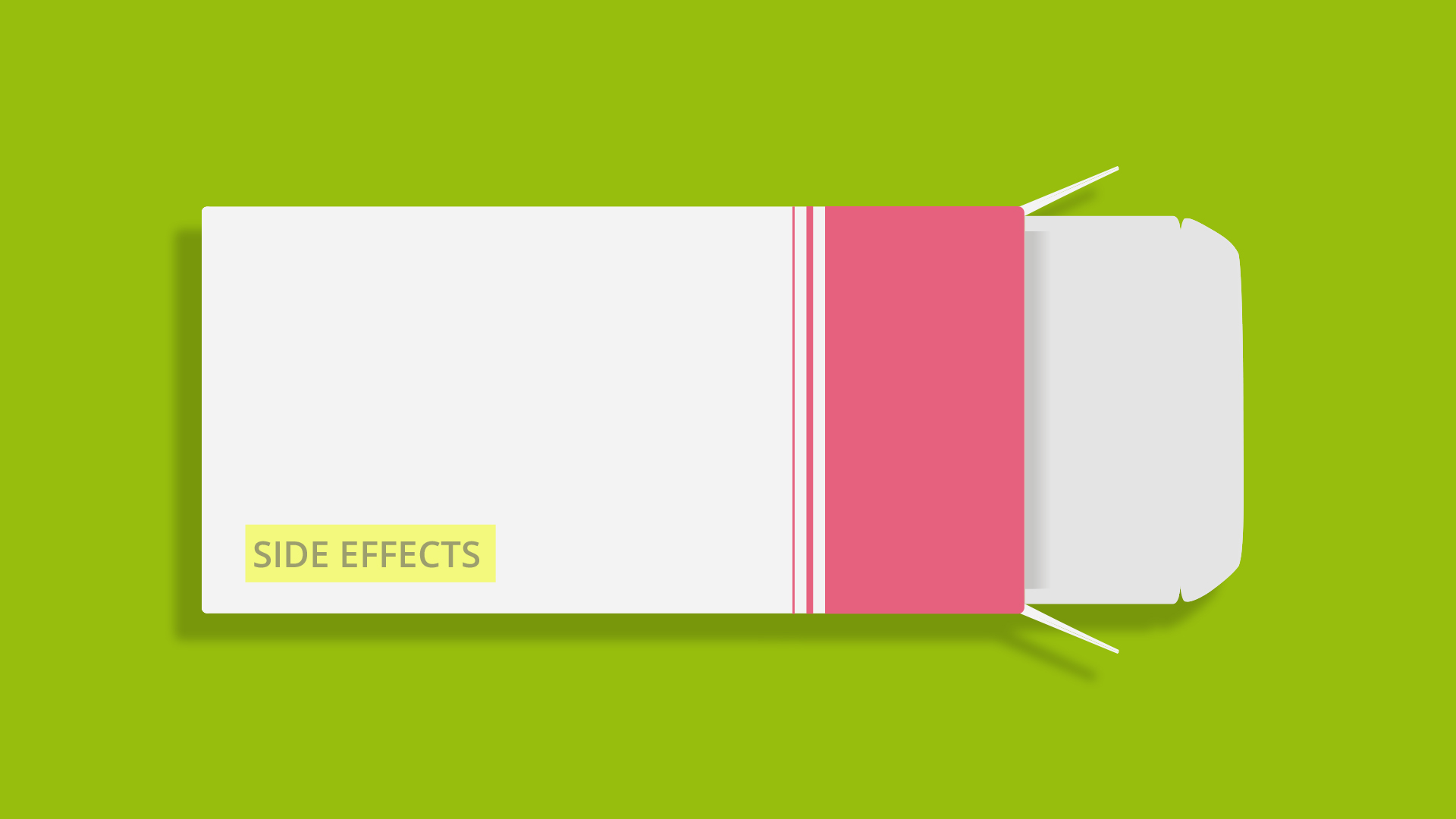
Blood Clot Risk & The Pill LloydsPharmacy Online Doctor UK

Read all Latest Updates on and about cardiac death

American Society of Hematology, Instagram, Facebook

What Happens When You Stop Hormone Replacement Therapy? - GoodRx

Stop the Clot - Understanding blood clot risk factors and being able to recognize signs and symptoms are two of the most important things you can do to help prevent blood clots.
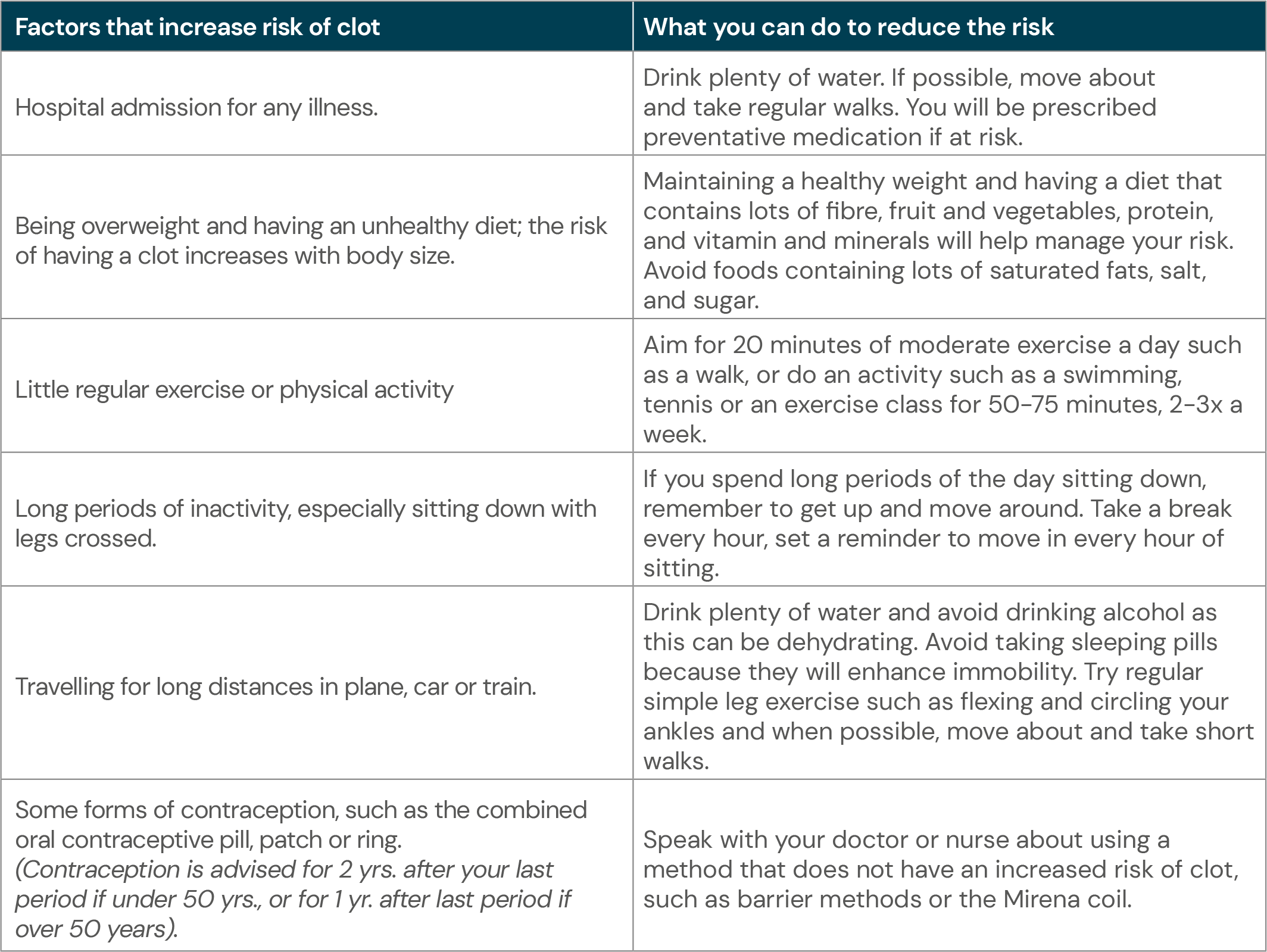
Menopause and Clots - The Menopause Charity

Isra Zaman, B.Sc Life Sciences, M.Sc Biotechnology, B.Ed, Medical

What Do Large Blood Clots During a Period Mean? - North Texas Fibroids

The best birth control pill for you: A guide to contraceptive options
What Age Should You Stop Taking Birth Control Pills?
How to Get Rid of Acne After Stopping Birth Control Pills
A Woman Went Viral for Documenting Her Hair Loss After Stopping
 Sofia Active by Sofia Vergara Women's High Waist Studio Leggings, 27 and 23 Inseam
Sofia Active by Sofia Vergara Women's High Waist Studio Leggings, 27 and 23 Inseam Letter Trim Velvet Sleep Tops V Neck Cami Top Women's - Temu Canada
Letter Trim Velvet Sleep Tops V Neck Cami Top Women's - Temu Canada Pants Para Mujer De Moda
Pants Para Mujer De Moda- MS New Korea Style Outwear Sports Bra Push Up Front Zipper Design Women's bralette #815
 Best China Stores Melhores lojas de tênis esportivos no Aliexpress - Best China Stores
Best China Stores Melhores lojas de tênis esportivos no Aliexpress - Best China Stores Power Push Up Bra - Red
Power Push Up Bra - Red
